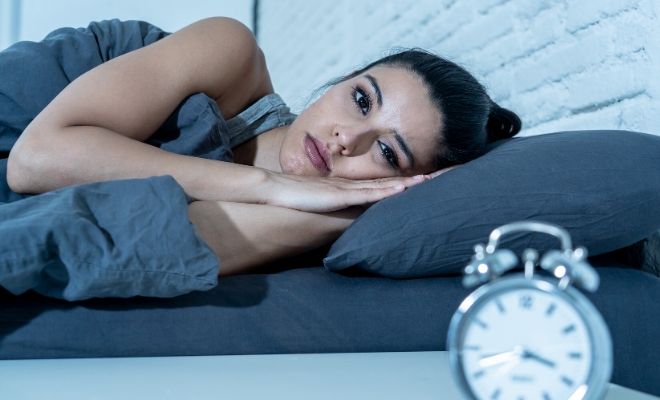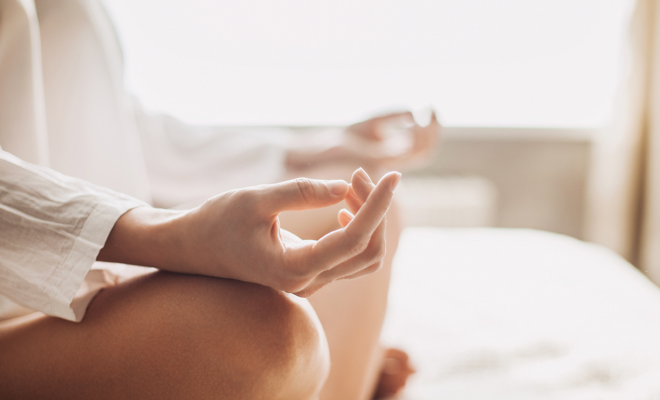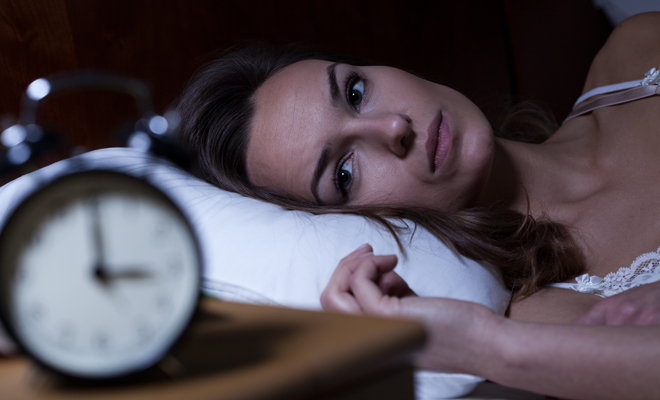We need sleep, it’s not just that we like it, and it’s that our own body asks us for it. But there are many people who, either because of noise from outside or annoying neighbors or because of emotional problems or excessive worries, cannot sleep. With a single night of lack of sleep you can see how harmful insomnia is for your life, but if the problem also lasts, we enter into a situation of great health risk. We are wondering how long a person lasts without sleep, although we are not willing to do the test.
The need for sleep and the importance of rest
- Sleep is essential for our life. When sleeping, the body and brain come to rest and it is the only way our body has to recover the energy lost during the day and to do a kind of restart as if it were a computer. We sleep to rest, to regenerate our functions, to get rid of what is left over and to make room for what is important.
- We have to sleep and the ideal is to do it every night for about 8 hours, but each person has different needs. Either out of obligation, because their professions force them to work at night or stay awake for a long time on guard duty or because of their own physiological needs, there are people who sleep the 8 hours required, but others wake up fitter with fewer hours, getting up early more or getting up later.
- Sleep needs also change with age. While babies and children need many hours of sleep, adults stick with those 8 hours on average. For its part, as we get older, the hours and quality of sleep are reduced. In any case, and with our differences, we all need sleep. And we all need a good night’s sleep.
What happens to the body when you don’t sleep
- Because if sleep doesn’t come or if we don’t have a good quality of sleep, we notice it right away. It is something that we cannot avoid, that discomfort after having spent a bad night. We don’t give up, we feel sad, tired, unmotivated, we can’t concentrate and we wonder where our energy has been.
- People who suffer from insomnia are well aware of its serious effects and how lack of sleep impacts their quality of life and affects both physical and mental health. Some of the most common consequences of not sleeping are dizziness, headache, muscle pain, blurred vision, weakness, nausea, or hand tremor, for example.
- More serious are some diseases derived from lack of sleep: “heart disease, hypertension, diabetes, gastrointestinal, urinary or respiratory problems, anxiety or depression “, as stated in Julio Fernandez Mendoza’s thesis on Chronic Insomnia for the Completeness University of Madrid. And we cannot forget the psychological complications caused by not sleeping well, such as lack of concentration, lack of motivation, sadness, mental confusion, nervousness or irritability. In fact, a significant lack of sleep can lead to depersonalization and also hallucinations.
How long is someone able to function without sleeping
- By proxy, you can go without sleep for a long time. It is after 78 hours when the body begins to suffer, but in this period the consequences of lack of sleep are reversible. Sleep deprivation is part of those tortures that we have read and heard about, and there are also many soldiers who, in war situations, have gone 4 days without sleep.
- The risks increase as the time you spend without sleep increases. They told us about a 17-year-old student who holds the record for hours without sleep. In 1965, Randy Gardner spent 264 hours awake, that is, 11 days. According to the University of California, which investigated the case, the student presented a picture of cognitive deficiencies, vision and speech problems, and hallucinations.
- Better not do the test, because lack of sleep can be lethal. This is the case of people who suffer from the so-called Fatal Family Insomnia, a strange hereditary disease that 40 families present in the world. The disease makes its onset around age 50 or 60 and begins with insomnia, which may be common, progressing to weight loss, hallucinations, dementia, and finally death.
- Lack of sleep causes irreparable damage to the brain, but we are talking about extreme and prolonged situations. In general, our body has a great capacity for recovery, although we will not deny that suffering from insomnia drastically reduces the quality of life.
Why you need good sleep hygiene
- Faced with those people who consider that sleeping is a waste of time, we promote the motto: if you sleep well, you live better. That is why we always insist on scrupulous sleep hygiene without waiting for insomnia problems to appear. Do you want to know what this sleep hygiene consists of?
- You have to have a regular time to go to bed and get up. Not Monday to Friday, but Monday to Monday. This will eventually cause the body itself to demand the time to go to sleep when it really needs it.
- Avoid stimulating drinks and coffee about 6 hours before bedtime.
- If you can avoid naps, better. If you can’t avoid it, try to reduce it to 20 minutes.
- Have a light dinner avoiding fats, spices and sugar and, if possible, about 2 hours before going to bed.
- Physical exercise helps you sleep, but not if you do it right before bed.
- The pajamas or the clothes you wear to sleep have to be comfortable.
- Also pay attention to the bedding, wash the sheets frequently and keep in mind that even the color influences the quality of sleep. Opt for pastel tones and avoid bright or strong colors in bed.
- Control outside noise. If you can’t avoid it, the classic option is earplugs.
- Although there are people who like to sleep with light or clarity, total darkness provides greater rest.
- The temperature of the room is also important, remember that virtue is in the middle point. And you have to ventilate or air the bedroom every day.
- Reduce daily activity as the hour’s progress. From the stress of work in the morning, move on to physical exercise in the middle of the afternoon and reserve relaxation for the final hours of the day. Reading falls within the recommended activities to slow down.
- The bed is for sleeping (and also for sex), but not for watching TV, working, eating or any other activity you can think of. If you associate the bed only with the moment of sleeping, you will have less chances of suffering insomnia in the future.







